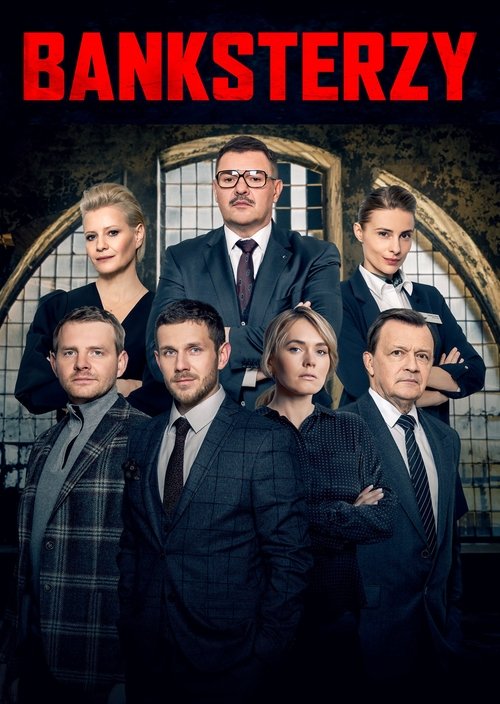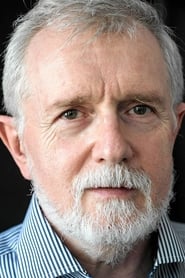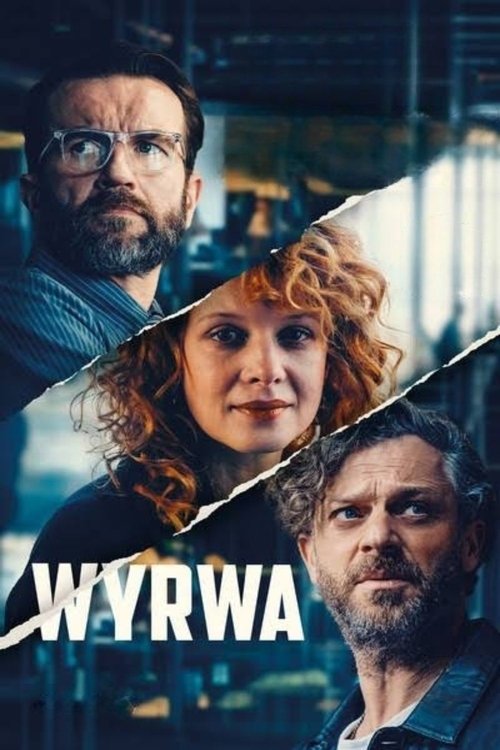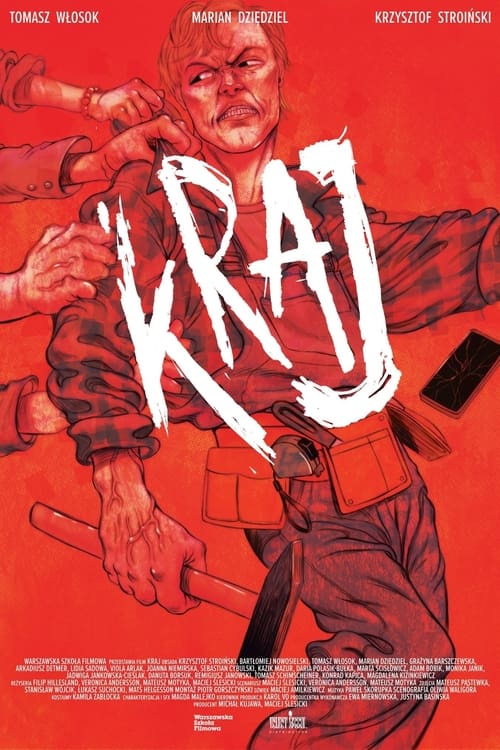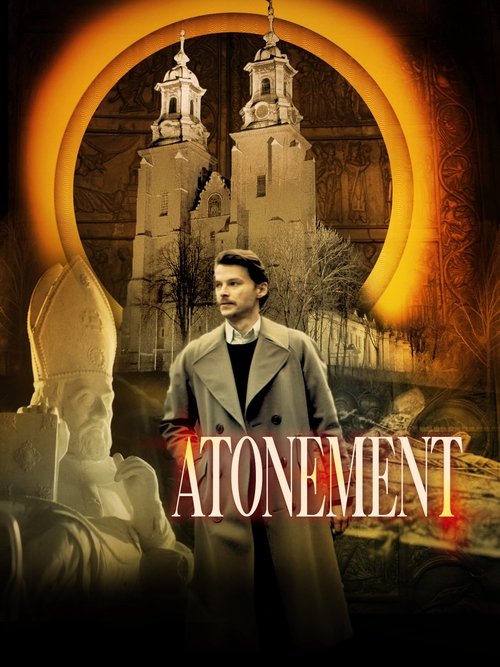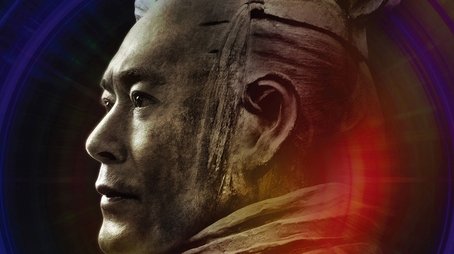
Ask Your Own Question
What is the plot?
What is the ending?
In the ending of the movie "Banksters," the main characters face the consequences of their actions as the truth about their fraudulent activities comes to light. The protagonist, who has been deeply involved in the scheme, grapples with guilt and the impact of their choices on their loved ones. Ultimately, the characters must confront the legal repercussions of their actions, leading to a dramatic conclusion that highlights the moral dilemmas they faced throughout the film.
As the final act unfolds, the tension escalates. The protagonist, Alex, is seen pacing in a dimly lit office, the weight of his decisions pressing heavily on his shoulders. He receives a call from his lawyer, who informs him that the investigation into their banking practices has intensified. The camera captures the flicker of anxiety in Alex's eyes, reflecting his internal struggle between self-preservation and the desire to do the right thing.
In the next scene, Alex meets with his partner, Sarah, in a secluded café. The atmosphere is thick with unspoken words as they exchange glances filled with regret. Sarah, visibly shaken, reveals that she has been approached by authorities seeking information about their operations. The tension in the air is palpable as they discuss the potential fallout, their voices barely above a whisper. Alex's hands tremble slightly as he contemplates the implications of their actions, the weight of their greed now a heavy burden.
The narrative shifts to a confrontation with their mentor, Mr. Thompson, who had initially encouraged their risky ventures. In a dimly lit boardroom, Alex and Sarah confront him about the ethical lines they crossed. Thompson, with a cold demeanor, dismisses their concerns, insisting that they were merely playing the game of finance. The scene is charged with emotion as Alex's frustration boils over, leading to a heated argument that culminates in a realization: they have lost their moral compass.
As the investigation unfolds, the authorities begin to close in. In a montage sequence, we see news reports flashing across screens, detailing the scandal that has erupted. The camera captures Alex and Sarah watching the news in disbelief, their faces pale as they realize the extent of the damage. The emotional weight of their choices hangs heavily in the air, and the reality of their situation sinks in.
In the climax, Alex decides to come forward and confess, driven by a desire to make amends. He meets with the authorities, his heart racing as he prepares to reveal everything. The scene is tense, filled with close-ups of Alex's face, showcasing his internal conflict and determination. As he speaks, the camera pans to the faces of the investigators, their expressions a mix of skepticism and intrigue.
The film concludes with a somber tone. Alex faces legal consequences, but there is a sense of relief in his decision to take responsibility. Sarah, on the other hand, chooses to distance herself from the scandal, seeking a fresh start away from the chaos. The final scene shows Alex standing alone outside the courthouse, the weight of his choices evident in his posture. The sun sets in the background, casting a golden hue over the scene, symbolizing both an ending and a new beginning.
In summary, the fates of the main characters are intertwined with the moral implications of their actions. Alex's journey culminates in a moment of redemption, while Sarah seeks to escape the consequences of their choices. The film leaves the audience with a poignant reminder of the complexities of ambition, ethics, and the human experience.
Is there a post-credit scene?
In the movie "Banksters," there is indeed a post-credit scene that adds an intriguing layer to the film's narrative. As the credits roll, the screen fades back in to reveal a dimly lit office space, cluttered with papers and financial documents. The camera slowly pans across the room, capturing the remnants of a chaotic meeting that has just concluded.
In the center of the room, a figure sits at a desk, their face obscured by shadows. The tension in the air is palpable, and the sound of a clock ticking echoes in the background. Suddenly, the figure leans forward, revealing a familiar character from the main storyline--one of the key players in the financial scheme. Their expression is a mix of determination and anxiety, hinting at unresolved issues and future plans.
As the character picks up a phone, they begin to speak in hushed tones, discussing a new strategy to regain control over the financial empire that has been threatened throughout the film. The dialogue is cryptic but charged with urgency, suggesting that the battle is far from over. The scene ends with the character looking out the window, a city skyline illuminated by the night, symbolizing both the vast opportunities and the looming dangers that lie ahead.
This post-credit scene serves to reinforce the film's themes of ambition, betrayal, and the relentless pursuit of power, leaving the audience with a sense of anticipation for what might come next.
What motivates the main character, a bank employee, to become involved in the heist?
The main character, driven by a sense of injustice and personal financial struggles, feels disillusioned with the banking system. As he witnesses the corrupt practices of his employers, he becomes increasingly frustrated and sees the heist as a way to not only rectify his own financial woes but also to expose the greed and corruption of the banking industry.
How does the relationship between the main character and his accomplices evolve throughout the film?
Initially, the main character views his accomplices as mere tools to achieve his goal, but as the heist progresses, he begins to form deeper connections with them. Tensions rise as differing motivations and moral dilemmas surface, leading to conflicts that test their loyalty and trust in one another.
What role does the antagonist, the bank manager, play in the story?
The bank manager serves as a representation of the corrupt banking system. His ruthless tactics and willingness to sacrifice employees for profit create a palpable tension. As the heist unfolds, he becomes increasingly suspicious and determined to protect the bank's interests, ultimately leading to a cat-and-mouse dynamic with the main character.
What specific challenges do the characters face while executing the heist?
The characters encounter numerous obstacles, including security systems, unexpected police presence, and internal conflicts among the group. Each challenge tests their resolve and adaptability, forcing them to confront their fears and the moral implications of their actions.
How does the film depict the emotional toll of the heist on the characters involved?
As the heist progresses, the emotional strain becomes evident. Characters experience anxiety, guilt, and paranoia, leading to moments of doubt and reflection. The film captures their internal struggles through tense interactions and poignant flashbacks, illustrating how the heist impacts their relationships and sense of self.
Is this family friendly?
"Banksters," produced in 2020, is a film that delves into the world of financial crime and corruption. While it presents a gripping narrative, it contains several elements that may not be suitable for children or sensitive viewers.
-
Strong Language: The film features frequent use of profanity, which may be inappropriate for younger audiences.
-
Violence: There are scenes depicting confrontations and threats that may be intense or unsettling, including physical altercations.
-
Moral Ambiguity: The characters often engage in unethical behavior, which may raise questions about morality and legality that could be confusing for younger viewers.
-
Themes of Greed and Betrayal: The storyline explores dark themes such as betrayal, greed, and the consequences of financial crimes, which may be distressing for some.
-
Emotional Turmoil: Characters experience significant emotional distress, including anxiety and desperation, which could be upsetting for sensitive individuals.
Overall, while "Banksters" offers a compelling narrative, its mature themes and content may not be suitable for a family-friendly viewing experience.

